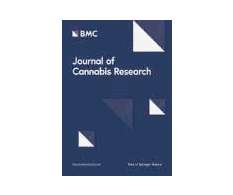New Study: Demographic and policy-based differences in behaviors and attitudes towards driving after marijuana use: an analysis of the 2013–2017 Traffic Safety Culture Index
Cannabis Law Report
JUNE 10, 2021
Studies of crash or driving data suggest that, although permissive marijuana policies are associated with higher prevalence of tetrahydrocannabinol (THC) presence among drivers [ 1 , 2 ], there is mixed evidence that these policies are associated with motor vehicle crashes [ 3 , 4 , 5 , 6 , 7 , 8 , 9 ]. never vs. at least once). (2)












Let's personalize your content